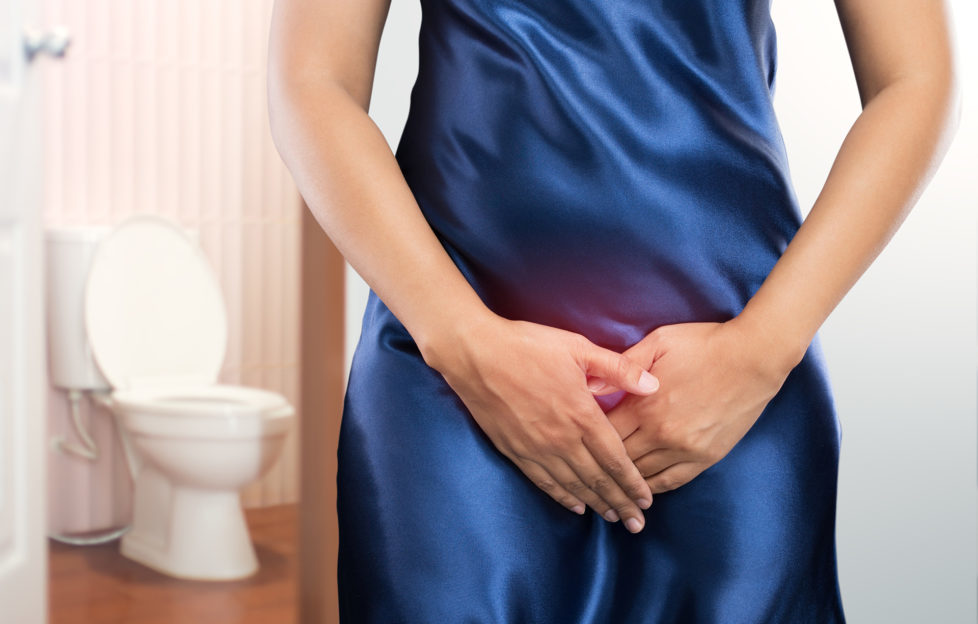Cystitis – All You Need To Know

Advice given by Dr Lizzie Kershaw-Yates, GP, and medical team member at TheOnlineClinic.
Cystitis is inflammation of the bladder, usually caused by a bacterial bladder infection. However, even though it may be caused by a bacteria, infections can be mild and self care can treat it.
The main symptoms of cystitis include:
- pain, burning or stinging when you pee
- needing to pee more often and urgently than normal
- urine that’s dark, cloudy or strong smelling
- pain low down in your tummy
- feeling generally unwell, achy, sick and tired
If you are a woman and only have the first three symptoms, you can try self-care at home, without seeing your GP. You should take ibuprofen or paracetamol and drink lots of water and try to empty your bladder regularly. If you do this for three days and things are not improving, or you develop other symptoms, you should see your GP or community pharmacist. Often a short course (3 days) of antibiotics will do the trick.
Women who have had unprotected sex recently should have a full STI screen as their symptoms may be caused by a sexually transmitted disease such as chlamydia and will need antibiotic treatment.
Cystitis is more common in women. In men, other causes should be considered. Men with any urinary symptoms should see their GP as soon as possible.
How can I avoid getting cystitis?
If you get cystitis frequently, there are some things you can try that may prevent it coming back. Although none of them have been tested in trials, they are all known to have some effect in lessening your risk:
- not using perfumed bubble bath, soap or talcum powder around your genitals
- having a shower, rather than a bath
- going to the toilet as soon as you need to pee and always emptying your bladder fully
- staying well hydrated
- always wiping your bottom from front to back when you go to the toilet
- emptying your bladder as soon as possible after having sex
- consider other methods of contraception if you use the diaphragm
- wearing underwear made from cotton, rather than synthetic material such as nylon
- not wearing tight jeans and trousers
Finally, anyone who has had more than three confirmed cystitis infections in 12 months should be referred to a Urologist, to rule out any underlying problems.






